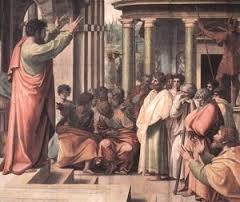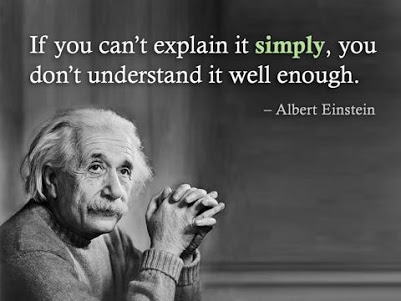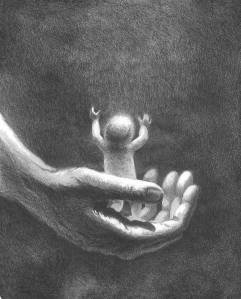 Mark moves us back to Nazareth in today’s Gospel reading. And it’s far from a pleasant visit.
Mark moves us back to Nazareth in today’s Gospel reading. And it’s far from a pleasant visit.
It would not be unusual should a hometown boy return and be asked by the locals to speak in the synagogue. That being the case, the reaction of the people surprises us, though at least initially it should not. After all, what would one expect of a carpenter or general construction worker?
They are taken aback by the power of this man’s words. And they define it as “wisdom” curiously, suggesting that they realize that Jesus speaks with some power. Moreover, they recognize that his words are not his own creation but result from wisdom “given” him. The question then becomes who–God or satan?
Apparently the people decide it is the latter. They insult him greatly by referring to him as “Mary’s son” rather than the proper appellation, Joseph’s. Various explanations ensue, but in the end, most agree; it was meant and received as a direct insult.
It was probably worse than that. People in the profession of carpenter, stonemason, and such were often required to travel in order to seek employment and make a viable living. This allowed that their families were left unattended and more importantly unprotected. Such workers can be “shamed” by their very occupations.
Thus Jesus goes about his usual business of teaching and healing. He finds the response to his actions lukewarm at best and dismissive at worst. He counters by insulting them first. He quotes a well-known phrase: “no prophet is ever welcome in his own country.”
It is apparent that he cannot heal under these conditions, and only a few healings occur, rather than the “mighty” deeds done elsewhere.
Herein lies a problem.
Jesus remarks at the lack of faith in his hometown and equates that with his powerlessness to do “mighty” deeds. Forever more, people who pray long and hard for help that never comes, conclude that their faith is insufficient to invoke God’s mercy and assistance.
And this is surely not the point of the periscope, nor do we find it in the commentaries. It seems more directed toward the growing theme in Mark that Jesus is not understood, least of all by his own disciples. We the readers are the only ones “in on” the true nature of Jesus. Others misunderstand him, and thus fail to gain all that he has to offer. He can only “lay hands” on them, and offer some paltry healings.
Of course not understanding Jesus is the point and it leads inexorably to the cross.
Similarly I think, when our faith is tepid, trotted out once a week for public display in churches throughout the land, we are getting only the laying on of hands sort of infusion from our faith, instead of the full cleansing breath of renewal that faith truly offers us.
If we would work “mighty deeds” on behalf of our fellow humans, our faith must be real and solid, touchable, close as a caressing breeze in the garden. If God is in all, sustainer of all, the energy that infuses the universe at every moment, than only by immersing ourselves fully in that light of love can we too project the power given to us in every moment. We must seize it, and use it.
No doubt a good many of us will also be rejected by our hometowns–who is she but the daughter of that woman who worked in the factory? Who is he but that son of a mechanic? How can they saying these things? Who are they?
More importantly, the real point of the question is not who is the prophet, but why did God not favor me with the task? Why that neighbor and not me? I am surely better, brighter, a superior speaker. Yet, they speak with authority and nobody listens to me. Let me remind everyone that they came from nothing!
Can we not see ourselves and our families in all this?
What might we do if we believed in ourselves the way God does?
What might we do if we stopped believing in what they say about us?



![67b1d34628720561983b9146d51412ce_large[1]](https://witshadows.files.wordpress.com/2015/06/67b1d34628720561983b9146d51412ce_large1.jpg?w=535)











